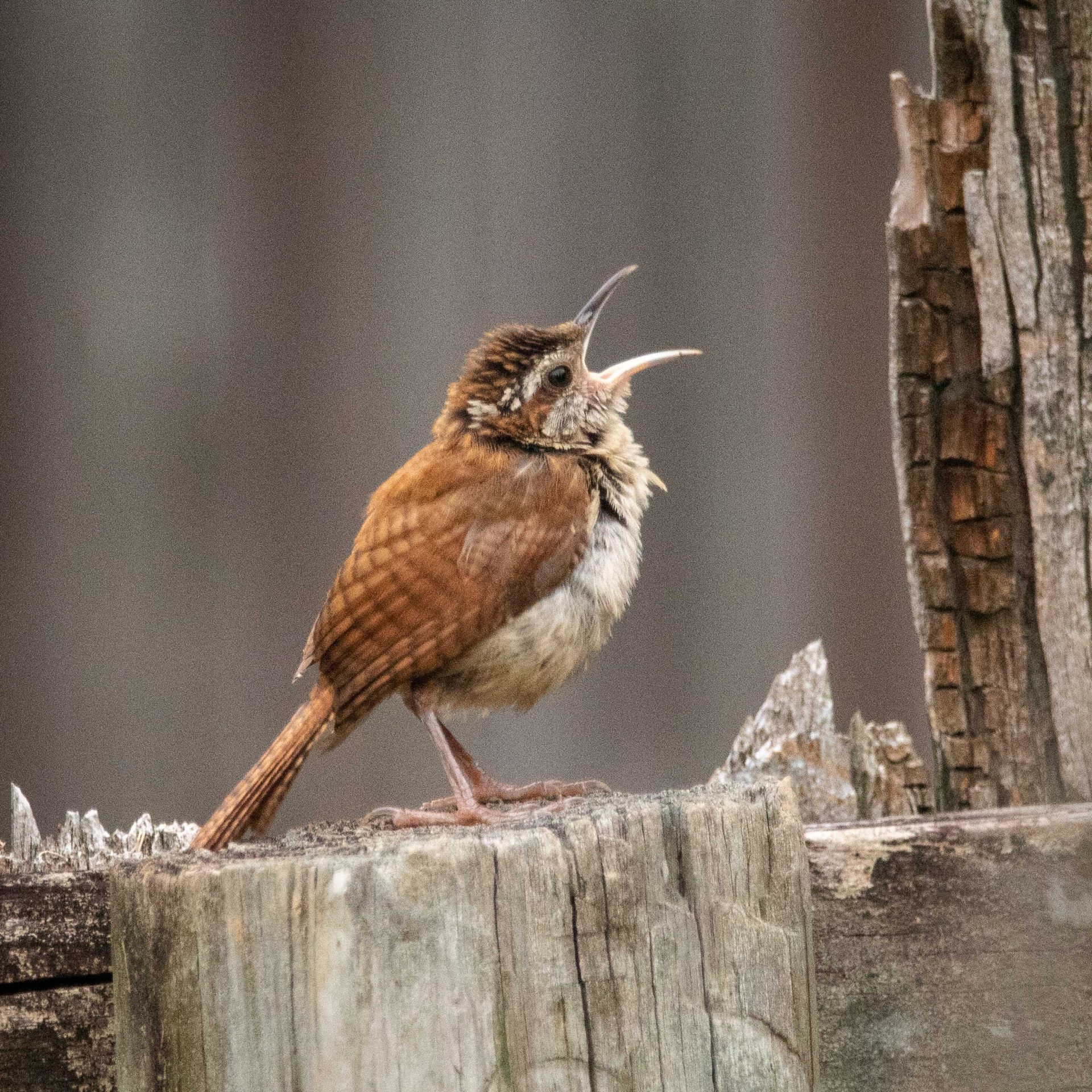Mohsen Raoufi (Science of Intelligence), From State Estimation to Collective Estimation, and from Individuality to Complexity in Swarm Robotic Systems
Using swarm optimization algorithms as heuristic solutions in various engineering problems, including the state estimation of nonlinear systems, has been an inspiration to me for my SCIoI project. We started our project by studying the "Wisdom of Crowds" effect, i.e. the notion that the average of many imperfect estimations, under the right conditions, can potentially yield a
















